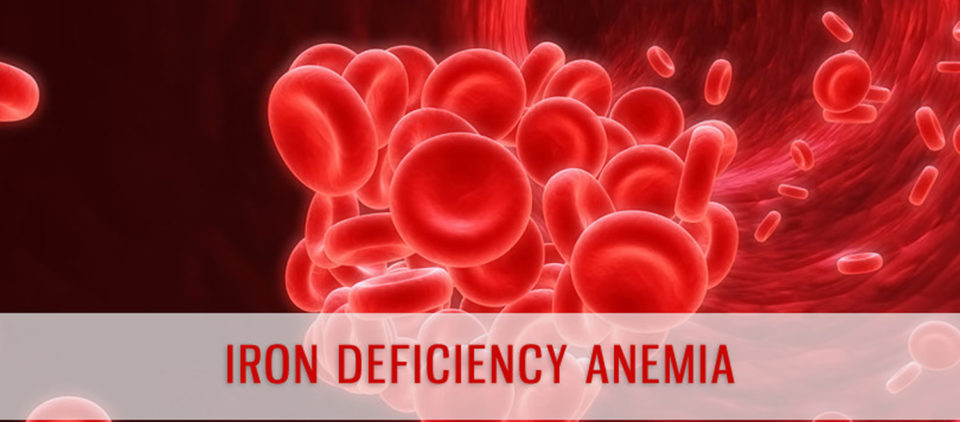Anemia, a medical condition where your body lacks hemoglobin in the red blood cells. Hemoglobin is essentially an oxygen-carrying protein. Anemia can be caused by many different reasons. The most common type of anemia is iron-deficiency anemia. This occurs when the body lacks the mineral iron which is vital in creating hemoglobin. Thus the end product would be for the rest of the body to not have the adequate oxygen that it needs
This condition is so common yet many suffer for years without even knowing they might be anemic. It is also the most common anemia found in women of reproductive age. Heavy bleeding during menstruation and certain medical conditions which cause internal bleeding lead to this anemia as well. Polyps in the small intestine, cancer of the colon, and peptic ulcers are the most common causes of internal bleeding. Not to forget, aspirin use can be a cause. Apart from this, there could be issues where you are getting enough iron but due to certain reasons like a recent intestinal surgery or celiac disease, this process is not functioning well. Vegetarians and those with poor diets tend to also succumb to iron deficiency anemia.
This common issue has a very simple treatment and it involves dietary changes and oral iron supplements to improve your anemia. If your anemia is at a severe level, blood transfusions need to be undergone to quickly raise your hemoglobin levels. Red meat, dark green leafy vegetables, nuts, and beans are among dietary intakes that are rich in iron. If the anemia is caused by other factors, then correcting the underlying issue would correct this issue. Vitamin C helps in increasing absorption thus it is routinely taken alongside other supplements to correct this issue.
Symptoms of this condition depend on how severe the lack of hemoglobin is. It ranges from mild to fatal. Most people do not realize they have mild anemia until they have a blood test done. This too comes down to the fact that mild anemia might not even show any symptoms. Symptoms of moderate to severe anemia include lethargy, fatigue, breathlessness, weakness, dizziness, pale skin, strange crawling feeling on your feet, palpitations, headaches, brittle nail, and even a strange want or craving to eat things that are not food for example dirt/ice(PICA).
A doctor would be able to come to a conclusion of the disease based on your history, a physical examination, and after a normal blood count. Additional blood tests might be done to determine the severity of your anemia. Complications of anemia should be further discussed to create awareness that is lacking in our general population. Complications of anemia have a variety of effects on the body. As the body lacks oxygen, our heart tends to pump faster and harder leading to irregular heartbeats and in the worst-case scenario even heart failures. Growth problems alongside increased risks of infection are seen in infants and toddlers who suffer from anemia. Pregnant mothers risk prematurity and giving birth to infants with low birth weight
Diagnosing and treating iron-deficiency anemia is not advised as it can cause adverse effects to the body causing you to have too much iron in the body. Liver damage and constipation are complications of iron overload to the body. If you do experience any of the above symptoms, please do visit a doctor for professional advice.

